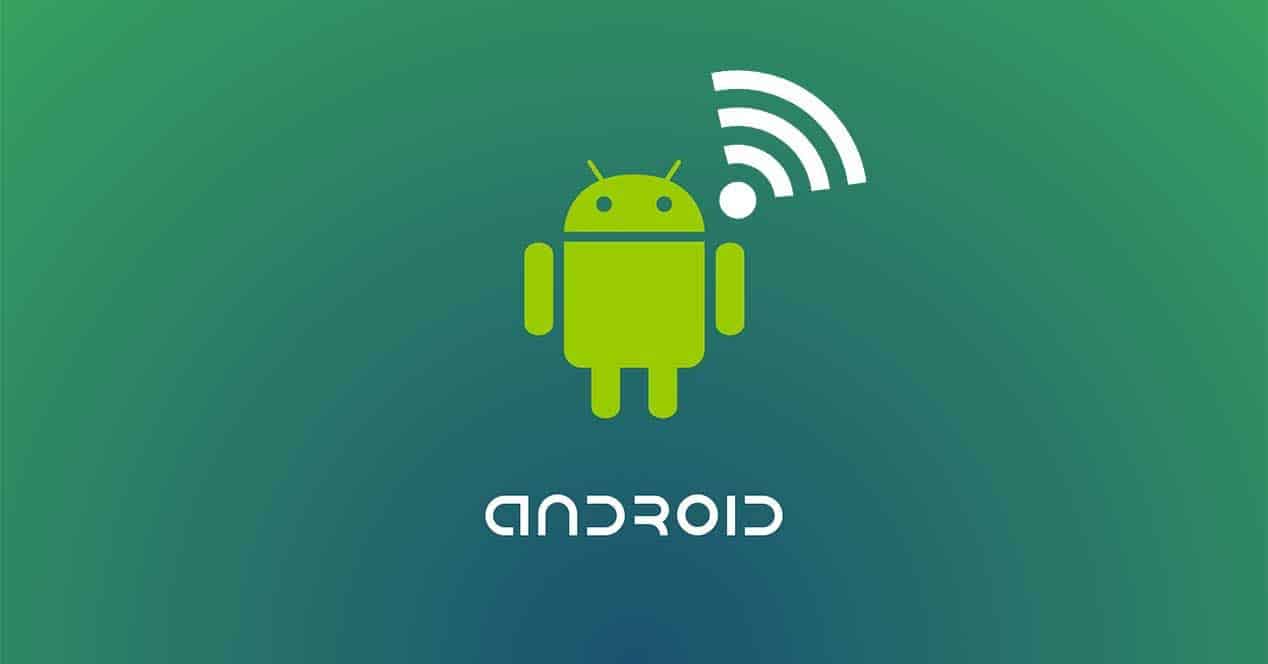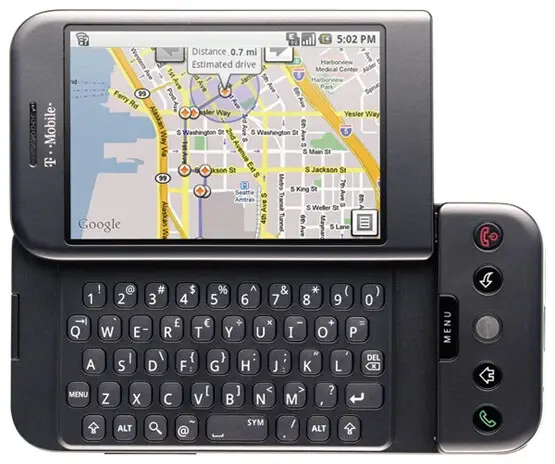Fifteen years have passed since Android took its first steps into the world, marking the beginning of a tech revolution. The journey began with the launch of the T-Mobile G1, also known as the HTC Dream. This unassuming device, powered by Android 1.0, was a humble introduction to a platform that would soon become an integral part of our lives.
Android’s Remarkable Journey: Celebrating 15 Years of Innovation and Evolution

Android’s birth story is not a simple one. Before its official debut, it existed as an ambitious operating system project for digital cameras. But it was the release of the HTC Dream, with the first-ever commercial version featuring an app store known as the Android Market, that Google considers the true birth of Android. This milestone set the stage for the incredible journey that would follow.
Today, Android is nothing short of a global phenomenon, with over 3 billion devices running on its platform, a testament to its enduring popularity and adaptability.
A Glimpse into Android’s Infancy
The HTC Dream, or the T-Mobile G1, was a small, unassuming device, miles away from the high-tech smartphones we’re accustomed to today. Back then, it couldn’t boast of the processing power and memory we take for granted now. With a 528 MHz processor and a mere 192 MB of RAM, it was a device designed for simpler times.
However, simplicity didn’t equate to a lack of innovation. Even in its earliest version, Android was already laying the foundation for what would become a revolutionary platform. The device came preloaded with essential apps such as Gmail, Maps, Search, Talk, YouTube, Contacts, and Calendar. Notably, Contacts and Calendar could synchronize seamlessly with a Google account, foreshadowing the integration that would define Android’s future.

A Journey of Anecdotes
As Android reaches this milestone, Google employees have been reminiscing about the journey of the past fifteen years. Anecdotes, from quirky to significant, have emerged, giving us insights into the platform’s evolution.
One fascinating tidbit is the collaborations with dessert-themed names like KitKat and Oreo for Android versions. These sweet partnerships have added an element of fun to the Android experience and serve as a testament to its openness to creative marketing.
Additionally, there have been challenges. Finding suitable homes for the Android statues scattered around the Google campus was one such conundrum. However, rest assured, they’ve now found their place, including the most recent addition representing Android 14.
Fifteen Years, Twenty-One Versions, and Counting

The evolution of Android is not just marked by anecdotes but also by its numerous versions. In its fifteen-year journey, Android has seen a remarkable twenty-one major versions, not even counting the minor revisions. It’s safe to say that Google has become quite adept at releasing these updates regularly.
If we were to speculate, in another fifteen years, Android could be celebrating its 29th major version. Yet, the mystery remains around the letter that will accompany it, as Google’s tradition of naming its versions alphabetically might have run its course by then. After all, they will have reached the end of the alphabet in just five years with Android Z. But for now, we can simply wish Android a very happy 15th birthday.
Looking Ahead: Android’s Future
As we celebrate Android’s past and present, it’s equally important to consider what the future holds for this influential platform. Android’s journey from its humble beginnings to its current status as the world’s most widely used operating system is nothing short of remarkable.
Android’s dominance in the mobile ecosystem has paved the way for innovative technologies, transforming the way we communicate, work, and play. Its adaptability has allowed it to venture into various domains, from smartphones and tablets to smart TVs, smartwatches, and even connected home devices.
In the coming years, we can expect Android to continue pushing the boundaries of technology. It will undoubtedly play a pivotal role in the development of 5G and beyond, enabling faster and more connected experiences. Moreover, the platform will likely continue to integrate with emerging technologies, such as augmented reality and virtual reality, making Android the go-to platform for immersive experiences.
Security and privacy will also be at the forefront of Android’s future development. Google will work tirelessly to enhance the platform’s security features, protecting users from evolving threats and ensuring their data remains private and secure.
Furthermore, the collaboration between Google and other tech giants will shape Android’s future. Partnerships with hardware manufacturers, app developers, and content providers will lead to a richer and more diverse Android ecosystem. This collaboration will drive innovation, providing users with a wide range of options and experiences.
Android’s open-source nature will continue to be a driving force behind its evolution. The vibrant community of developers, enthusiasts, and contributors will ensure that Android remains a platform that welcomes innovation and customization.
In conclusion, as we celebrate fifteen years of Android, we not only honor the past but also look forward to an exciting future. Android has come a long way from its humble beginnings, and its evolution has left an indelible mark on the tech world. With its adaptability, innovation, and commitment to user experience, Android will undoubtedly remain a dominant force in the digital landscape for years to come. Happy 15th birthday, Android – here’s to many more years of shaping the future.





